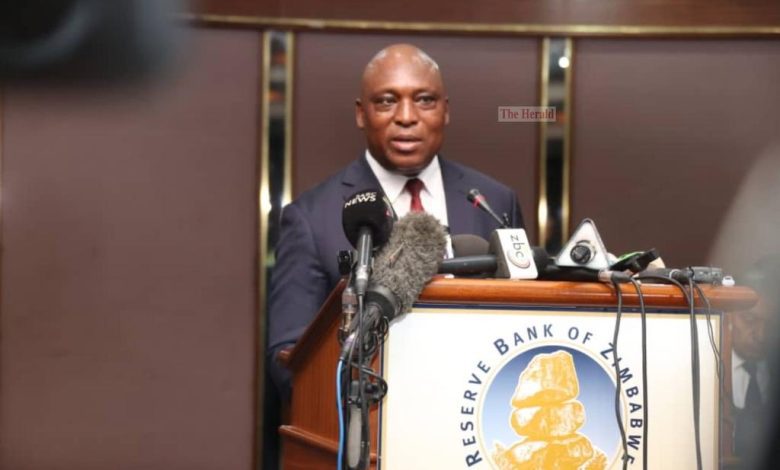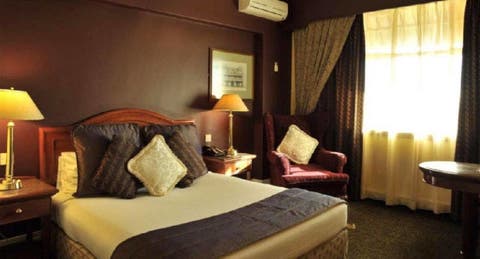It’s blood, sweat, tears in tourism… as African Sun says ready to face off calamity
HEADWINDS confronting Zimbabwe’s tourism sector could mutate into fierce storms in the months ahead as markets fight to keep afloat in the midst of the COVID-19 outbreak.
Signs of potentially brutal phases of the crisis were visible during the first quarter when global arrivals tumbled 83%, the Zimbabwe Stock Exchange-listed African Sun Limited (ASL) said, referring to a period when governments rolled out fresh painful measures to tackle the COVID-19 third wave through hard lockdowns.
The global write-downs were bad news for Zimbabwe, which had hoped arrivals would pick up again and offset a 90% arrivals plunge last year, which costs the industry over US$1 billion and destroyed 25% of its staff complement, according to official data.
This represented about half of the US$2 billion average annual tourism revenues, becoming the worst such bloodbath in 40 years.
In a trading update for the five months ended May 31, 2021, ASL, one of Sadc’s most adventurous leisure enterprises until its African ambition suffered setbacks in 2014, said while it was designed to ride out of calamities, it could not rule out an escalation.
However, to demonstrate the extent to which Zimbabwe’s leisure sector has haemorrhaged, it was difficult for ASL to draw comparisons with the corresponding period for last year, saying there was no business to talk about.
This is a gap that could have been bridged by a $500 million (about US$5,8 million) bailout package announced by government in May last year, which ran into trouble after banks avoided plunging into risks.
“The tourism and hospitality industry is currently experiencing unprecedented times as a result of the COVID-19 pandemic,” ASL said in the trading update that showed occupancy rates closing at 22%, compared to 43% during the same period in 2019.
Average daily rates fell by 7% to US$91 during the period, from US$99 before the outbreak in 2019, as high spending international tourists were held back by the pandemic.
Domestic market volumes retreated by 29% compared to 2019, as the overheads to turnover ratio hit 100% compared to 51% previously.
“The COVID-19 pandemic has brought about uncertainties which make it difficult to forecast future performance even in the short to medium term. The group anticipates continued disruption to travel and tourism in the months ahead due to the COVID-19 pandemic, as the future is very uncertain,” ASL noted.
“According to United Nations World Tourism Organisation Tourism Barometer, international tourist arrivals for the first quarter of 2021 declined by 83% compared to 2020.
“The outlook remains cautious due to hindrance in the resumption of international travel driven by new virus outbreaks accelerating the third and fourth waves, continued lockdowns and travel restrictions by major source countries, delays in vaccine distribution and roll-outs as well as resistance to vaccinations. Given the strength of our systems and dedication of our people, we believe we are well positioned to navigate this crisis and ultimately recover stronger when the world begins to travel again.”
The hotelier added: “The spreading of the COVID-19 mutant variant coupled with slow vaccine roll out programmes in the region has impacted negatively on arrivals into the region. The third wave in South Africa is of concern as it negatively impacts both international and regional arrivals.
“The growth trajectory and volumes rebuilding phase is likely to be flatter due to lockdowns, and low disposable incomes. Power, fuel and foreign currency shortages (will) impact on service delivery going forward. However, we have put in place mechanisms to mitigate these factors against our business,” ASL said.-newsday.co.zw











